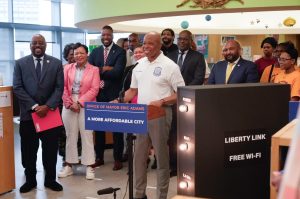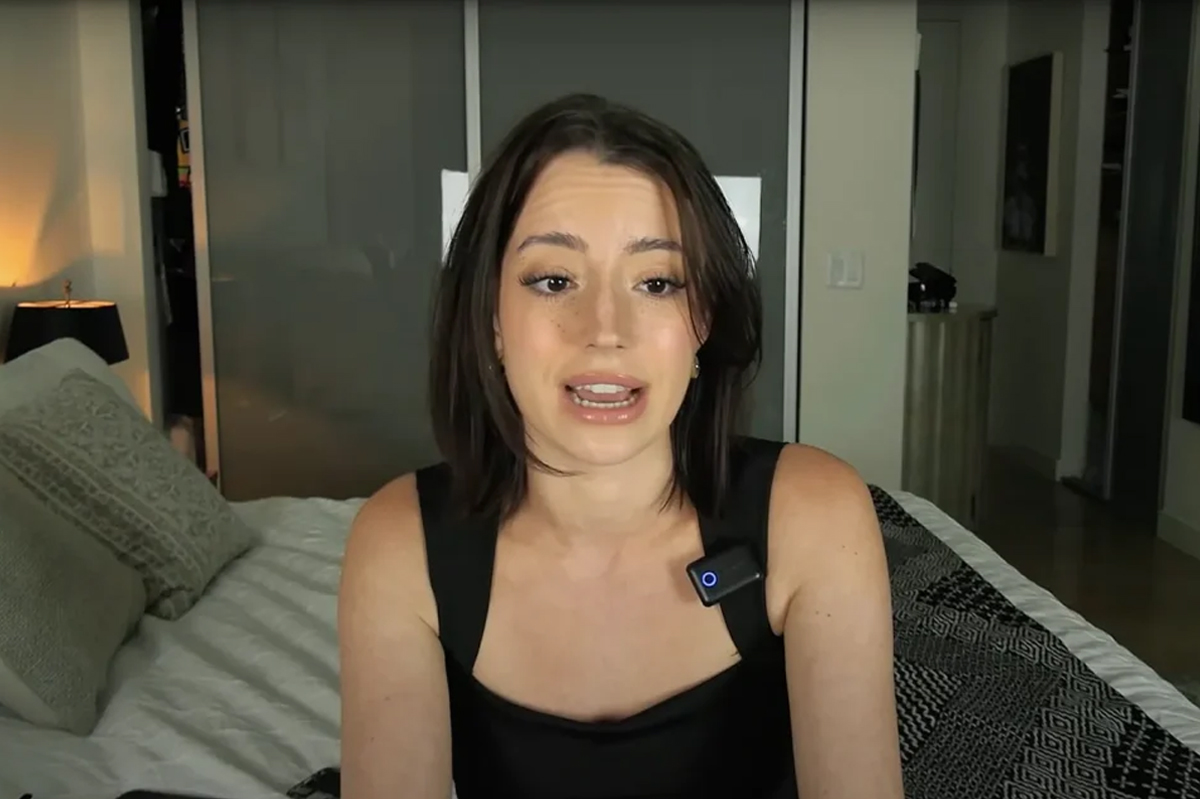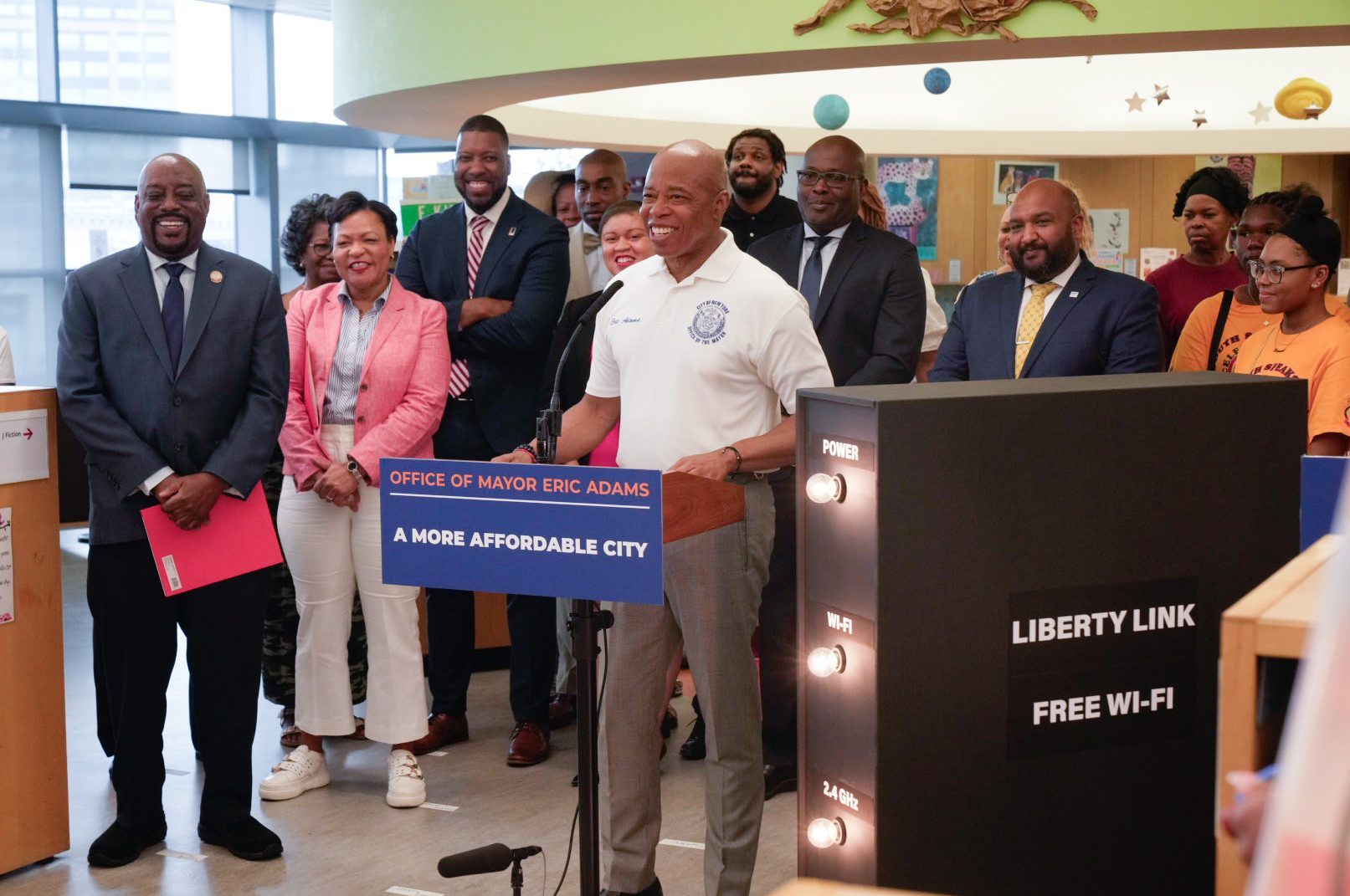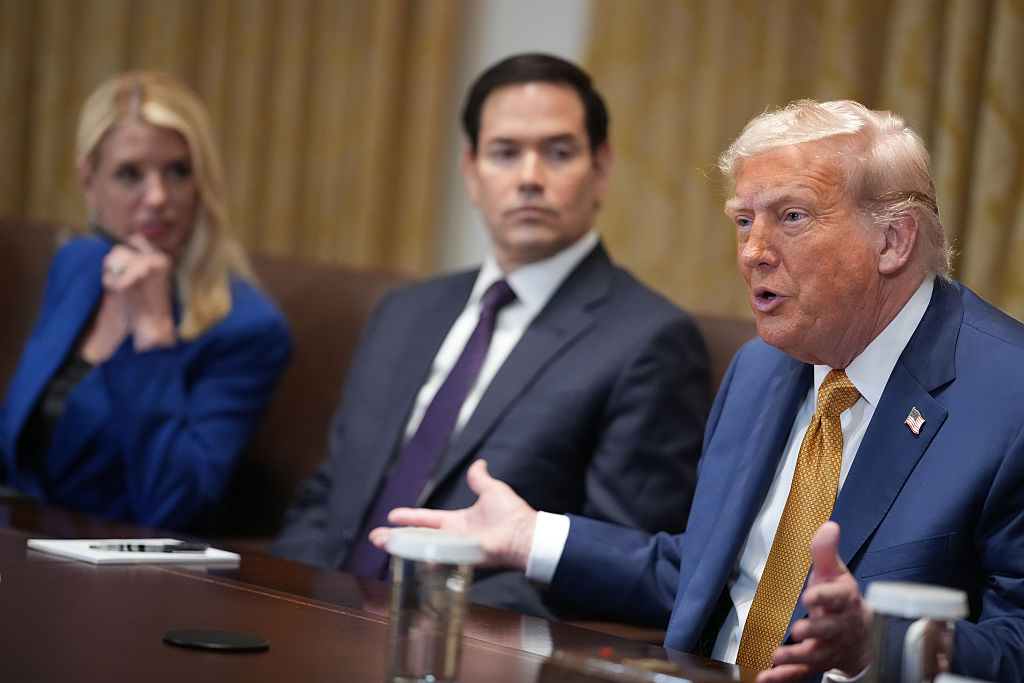There comes a time in every home cook’s life when she is separated from her craft. This may be due to illness, incapacity, repairs, renovations or, worst
of all, moving house. This month, I moved from Texas to Pennsylvania. Between packing up my utensils and appliances, waiting for the moving truck to make its halting way across the nation, and finally unpacking and reorganizing my tools, I lost my kitchen for four weeks. But benched cooks like me
have a surprisingly satisfying alternative: cooking podcasts.
The first podcast I tried is most similar to traditional cooking shows: Food 52’s Play Me a Recipe. Chefs and cookbook authors host episodes in which they introduce a favorite recipe and talk through its ingredients and method, encouraging listeners to pause and rewind as needed. This is a comforting and companionable podcast, offering the sounds of a kitchen and a bit of chat about the relative benefits of various types of salt. If I were actually learning to cook rather than listening while mindlessly unpacking, I’d probably turn to a YouTube channel before this podcast. Cooking involves all senses, and a purely auditory recipe feels more like ASMR than education.
Be My Guest with Ina Garten, the podcast version of the Barefoot Contessa’s Food Network show, succeeds even when the listener can’t cook along, because the guests join Garten in modeling good food conversation. On Garten’s podcast, celebrity guests like Emily Blunt dish about their cooking memories, traditions and insecurities, leading to a conversation broader and more engaging than whatever recipe they happen to be preparing. And if you listen carefully, you’ll pick up tips for when you’re finally back behind your range.
The Ringer’s Recipe Club podcast takes confident food conversation to the next level. Dave Chang, Chris Ying and a rotating cast of guest hosts tackle a different ingredient each week: butter, canned tomatoes, soda. They discuss the ingredient itself; in the contest portion of the podcast, they each make a recipe under a randomly-selected constraint, such as using only shelf-stable or vegan ingredients. We aren’t meant to cook along, but instead to learn about the uses of an ingredient, and to develop a sophisticated understanding of substitutions and swaps. And of course, it wouldn’t be a Ringer podcast without irreverent humor and inexplicable sports references. (Butter really is the MVP of cooking fats.)
Finally, the TASTE podcast moves away from recipes entirely and discusses the food industry and culture. Interviewing food influencers like Snaxshot and entrepreneurs like Andrew Benin, as well as cookbook authors like Hetty McKinnon and Alison Roman, TASTE episodes feel like eavesdropping on the staff at a trendy restaurant. Though the show often feels too coastal, constantly namechecking favorite New York and LA spots, it illuminates the marketing trends influencing home cooks around the country.
Even while I miss the clang and sizzle of my own kitchen, these podcasts offer inspiration and instruction for meals to come.
This article was originally published in The Spectator’s October 2023 World edition.

























